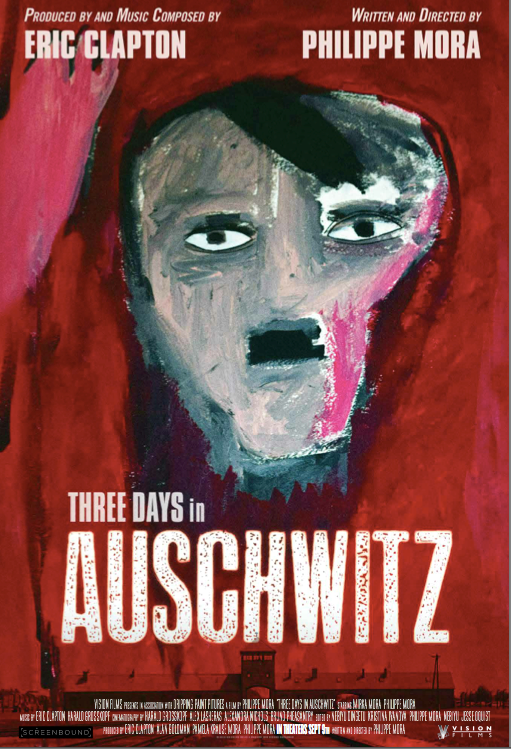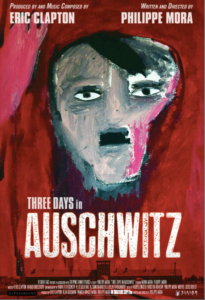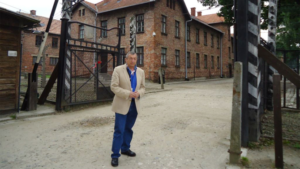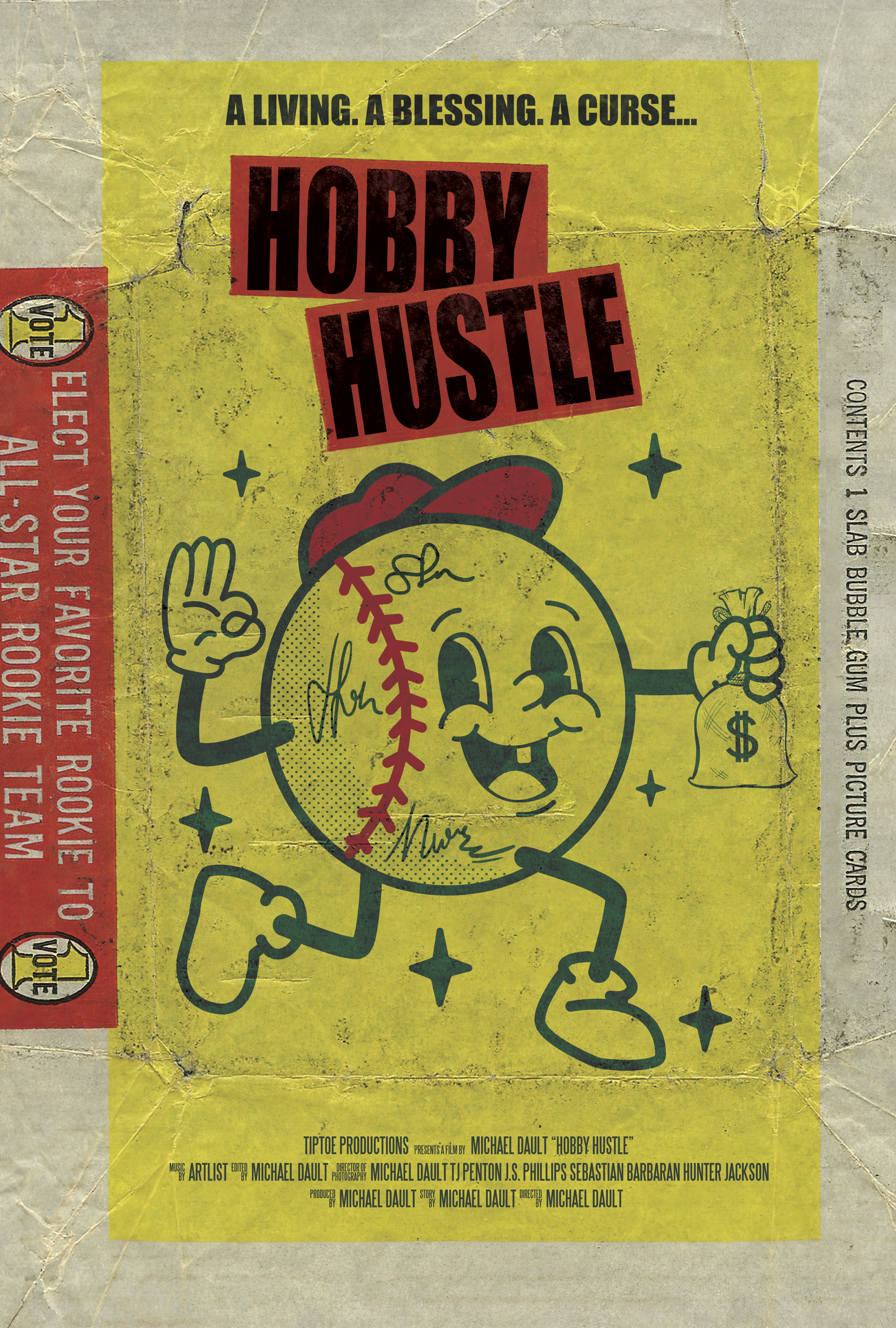
Documentary Review “Three Days In Auschwitz”
WATCH THE TRAILER HERE
First, the Recap:
The weight of history. The burden it can place on the heart, soul, and mind of those who have a particulary poignant and painful recollection of how it has impacted not only their lives, but that of multitudes around the world, can often seem overwhelming. Then, in a moment of direct, family-related revelation, that same history suddenly becomes deeply, vividly personal. Philippe Mora knows this more than most in a stunning and quite jolting way–his own mother missed the train to the German concentration camp in Auschwitz by one solitary day. In discovering this truth, while also finding that so many of his relatives perished in that same Nazi deathtrap, Mora chose to visit the site three times, seeking to understand.
Looking at the stark, brick-strewn remains of gas chambers and furnaces, to crumbling barracks, barbed wire-lined perimeters, and the wrought iron front gate that guided over 1.1 million Jewish men, women, and children to their deaths during WWII, it remains the most sobering of reminders as to the unthinkably blatant evil done by one deranged, fallacious group of human beings to total innocents, all in the name and on the orders of one severely unhinged man. Mora traverses the camp as well as other locales relevant to the Holocaust’s forlorn, gut-wrenching, tragic narrative. Through these images, words, in depth research documented over years of travel, and the accounts of Mora’s own mother Mirka, one message remains for generations past, present, and future–it happened, so never, ever forget.
Next, my Mind:
There is simply no getting past the utter, absolute, all-encompassing potency that rings out through the commentary and imagery showcased in writer/director Philippe Mora’s 55-minute documentary effort, and how could one honestly expect otherwise given the project’s theme and focus. The additionally acute fact about his own mother’s narrow miss of a horrible fate only serves to drive the point home even further, also standing to remind us as the viewer how so few escaped that fate and instead suffered shocking, inhuman, diabolical treatment and deaths at the hands of Nazi depravity.
Mixing footage from his multiple visits to Auschwitz with other shots taken at the Holocaust Memorial and Wannsee Museum in Berlin, plus the Shrine Of Remembrance in Melbourne, Australia, Mora presents more impactful representation of his own inner feelings about Hitler, the Nazis, and the Holocaust via expressive artwork depicting the nightmarish conditions as processed through accounts gathered in his ongoing scrutiny of it all. Added to this is a superiorly emotive and affecting soundtrack with original music from guitar legend Eric Clapton, which makes the non-dialogue sequences in the film just as effective and emotionally engaging as Mora’s voiced elucidations.
In total, “Three Days In Auschwitz” is a must-see film, period. This reviewer has never found that hearing the perspective of anyone who has such a profoundly stirring and intensely personal perspective on such a harsh, but important, piece of this world’s history is ever something to get tired of, and hence is greatly thankful Philippe Mora chose to share his own search for knowledge on this much covered subject. The Holocaust should never pass from our minds, and watching Mora’s three day visit gives what should be a moving tribute to those millions who died, that their memories will always live on, and that even though it was not easy, one more affected man was willing to step onto the grounds of hell, relive it through accounts and his own journey, and bring it to light in such a human way.
As always, this is all for your consideration and comment. Until next time, thank you for reading!





Thank you very much for this review.
This is the worst film ever. Actually, it is not a film at all. Random photos of two-three scenes in Auschwitz and other places with some connection to the topic. Self- indulgent rambling of the author and the promotion of his paintings is especially irritating. There is no history, no story and no photography of any value. In may be of value to his family but why inflict it on general public? There are tens of excellent documentaries on the subject- but not this one.
Hi Janina:
Happily for me, you are decidedly in the minority in your opinion of my film. You just don’t get it. But thanks for watching.